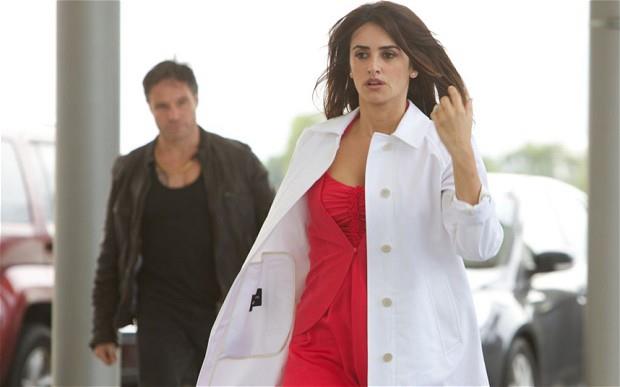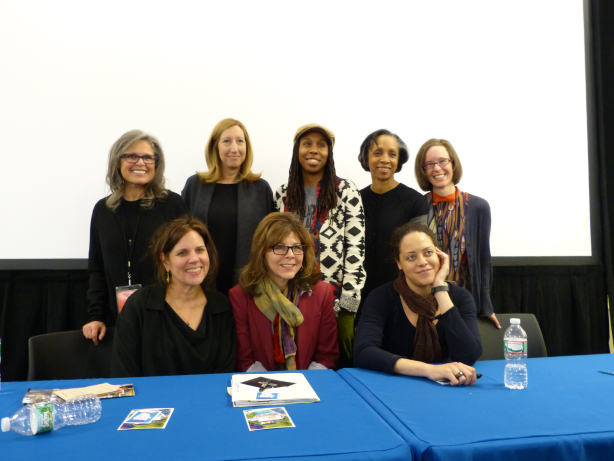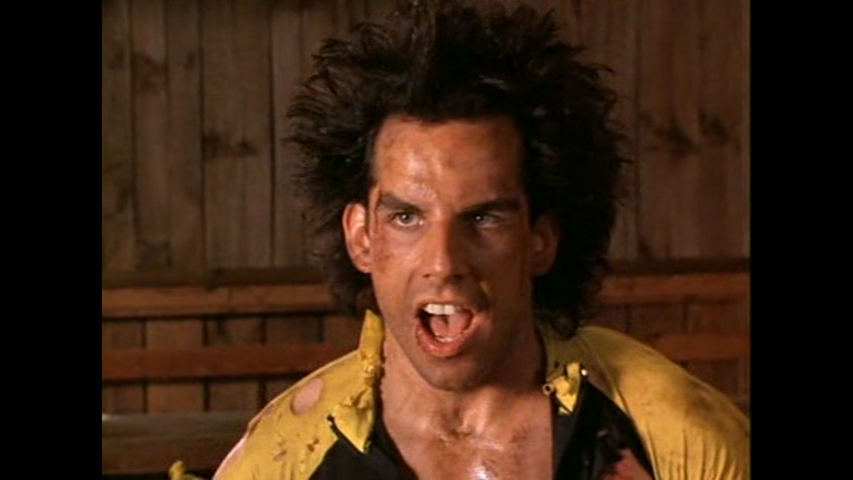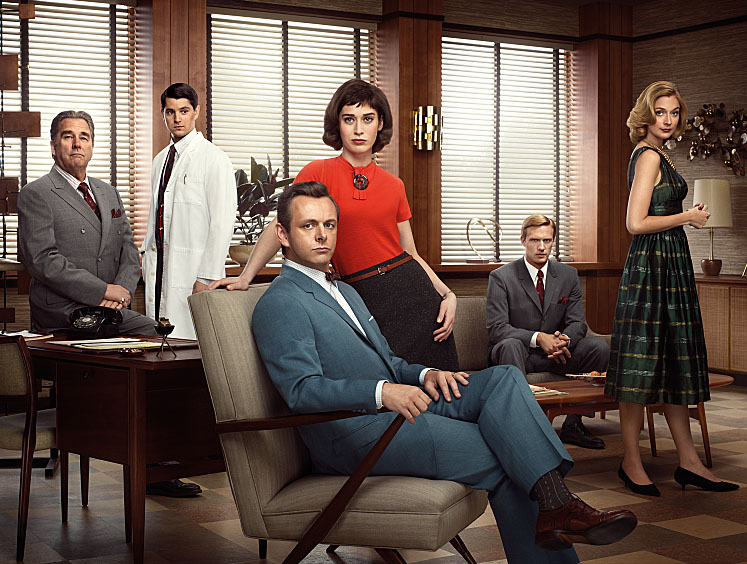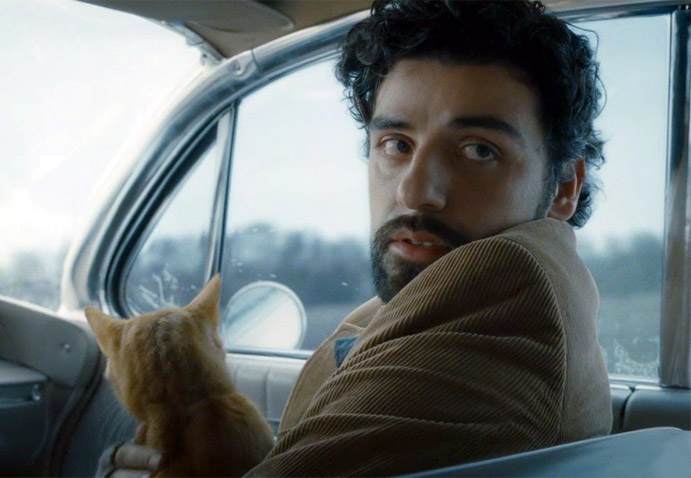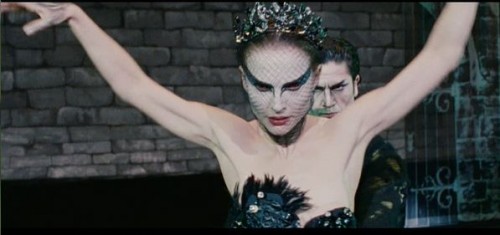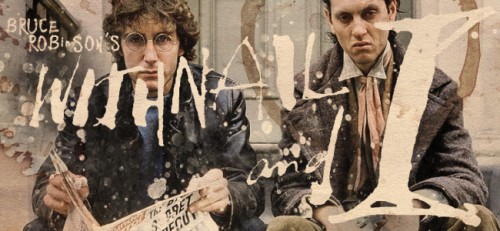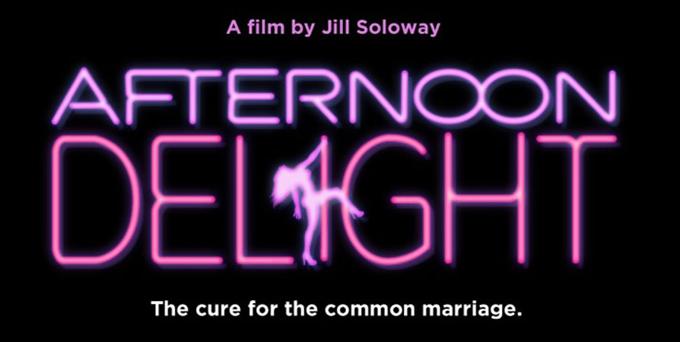‘Looking’: When a Straight Woman is the “Gay Best Friend”
The HBO series ‘Looking,’ which focuses on the lives of gay men (co-created by the gay writer-director Andrew Haigh who made the art-house film ‘Weekend’; two of the main cast members, including the lead, are also out gay men) occupies a ground somewhere in between, in which women do exist, though only in supporting roles–but those roles are cast and, written with an acuity that transcends their brief time onscreen.

